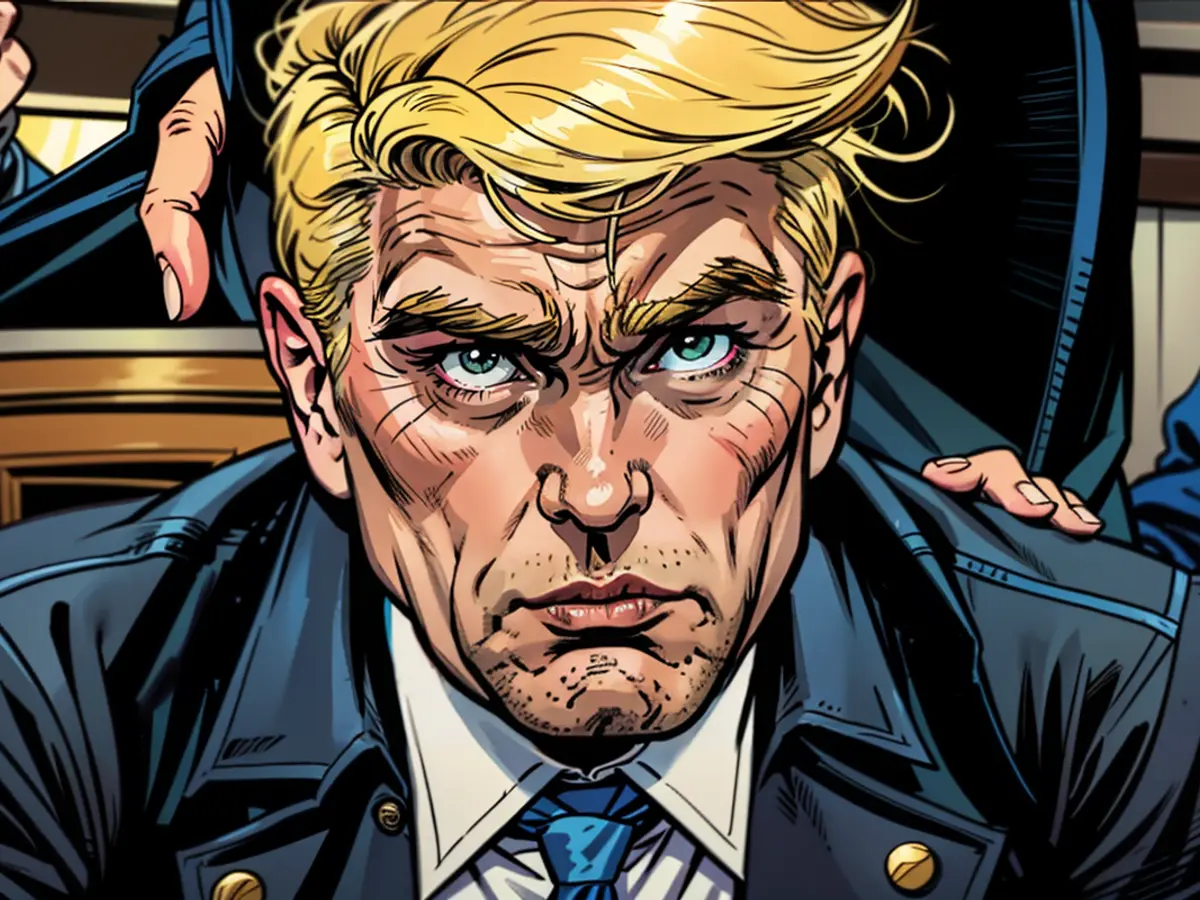Trump's detractors have leveled fresh accusations against him, accusing him of electoral manipulation as he seeks another term in November. They brand this move as a "desperate ploy" and a part of an ongoing "persecution" against him on his Truth Social platform. This case, taking place in a federal court in Washington, revolves around Trump's involvement in the January 6, 2021, Capitol assault.
The Department of Justice defends the revised accusation, stating it represents the "prosecution's commitment to adhere to and execute the decisions and guidelines of the Supreme Court." Regardless, Smith insists on his main argument that after losing the 2020 election to President Joe Biden, Trump was determined to "hold onto power" and attempted to reverse the election outcomes.
Early July witnessed the Supreme Court granting Trump, as the U.S. President, broad immunity from criminal prosecution for official conduct, an immunity that extends beyond his presidency. This immunity does not protect his personal activities. The ongoing election fraud case against Trump now calls for Judge Tanya Chutkan to distinguish between his official actions and personal ones related to the election.
The revised accusation retains the initial four charges against Trump: conspiracy to defraud the United States, obstruction of an official proceeding, conspiracy to obstruct an official proceeding, and conspiracy to infringe on the right of citizens to vote. Two of these charges carry a potential prison term of up to 20 years.
The updated accusation suggests that Trump attempted to halt the certification of Biden's election victory by the U.S. Congress. The Capitol was breached by Trump supporters during this process on January 6, 2021. Prior to this, Trump had stoked his supporters with unsubstantiated allegations of election fraud.
The new version of the accusation spans 36 pages, contrasting with the previous 45-page version. It omits content related to potential immunity and Trump's interactions with Justice Department staff at the time. Due to the complexity in discerning between Trump's official and personal actions, a trial commencement before the November 5 election is not expected. This delay is a significant victory for Trump, as he could potentially dismiss the charges if he regains the White House.
Besides these accusations, Trump is facing other criminal cases. The Supreme Court's immunity judgment may affect his case in Georgia, where he is accused of attempted election manipulation. No trial date has been set for this case either.
Recently, a New York jury found Trump guilty of fabricating business records to conceal a hush-money payment to former adult entertainer Stormy Daniels. This marked the first time a former U.S. President has been criminally convicted in history. His sentence is yet to be declared, with a tentative date set for September 18. However, Trump's legal team has requested a reconsideration of the guilty verdict in light of the immunity decision.
Despite the Supreme Court granting Trump immunity for official conduct, the indictment still covers his actions related to the election fraud case. In response to the updated indictment, Trump's legal team has called for the dismissal of the charges, citing his immunity from criminal prosecution for official actions.







